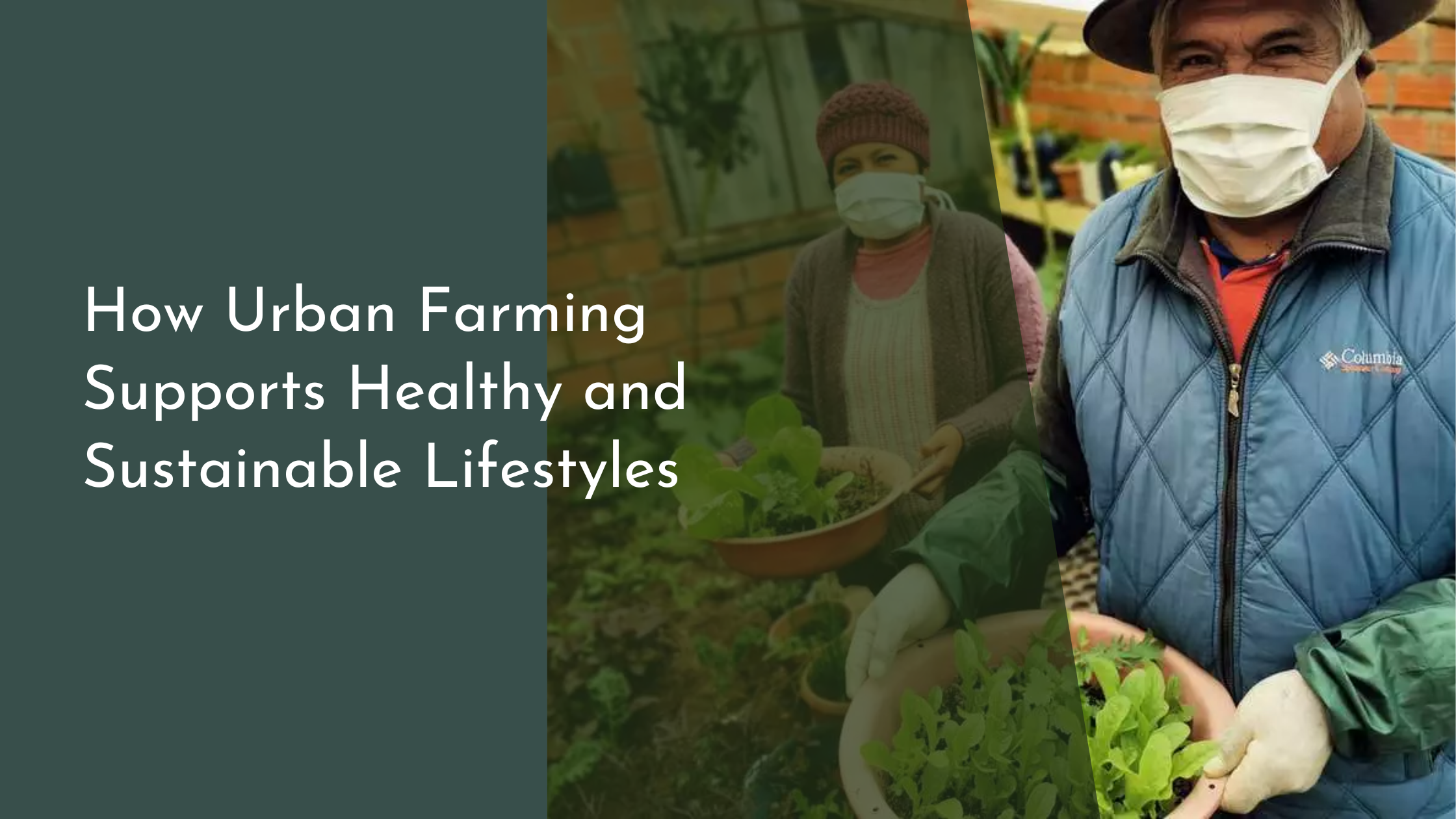How Urban Farming Supports Healthy and Sustainable Lifestyles
Urban farming is steadily gaining attention as city dwellers seek healthier, more sustainable lifestyles. This innovative approach to agriculture not only brings fresh produce to urban centers but also offers a plethora of benefits for individuals and communities alike. By turning underutilized spaces into productive gardens, urban farming is revolutionizing the way we think about food production, city living, and community engagement.
Introduction to Urban Farming and Its Benefits
Urban farming refers to the practice of cultivating, processing, and distributing food within cities or heavily populated areas. This can take many forms, from community gardens and rooftop farms to vertical gardens and hydroponic systems. By transforming urban landscapes into productive green spaces, urban farming helps increase access to fresh and nutritious food, reduce food miles, and promote sustainable living. As more people move to cities, urban farming becomes an invaluable strategy for meeting the growing demand for locally sourced produce while reducing the urban footprint on the environment.
The benefits of urban farming extend far beyond food production; it also contributes to improving urban living conditions. Growing food in cities can help mitigate the heat island effect by cooling the environment and improving air quality. Furthermore, urban farming fosters biodiversity by providing habitats for various species, including pollinators like bees and butterflies. By promoting green spaces, urban farming not only enhances the aesthetic appeal of cityscapes but also encourages environmental stewardship among city residents.
Nutritional Advantages of Urban Agriculture
One of the most significant nutritional advantages of urban farming is the improved access to fresh, organic produce. Urban farms offer city dwellers the opportunity to consume fruits and vegetables that are harvested at peak ripeness, ensuring maximum flavor and nutrition. This is especially crucial in areas where access to fresh produce is limited or where food deserts exist. By providing a local source of fresh produce, urban farming can help combat malnutrition and encourage healthier dietary habits among urban populations.
Moreover, urban farming encourages a deeper understanding of food origins and production processes, which can influence people to make more informed and health-conscious food choices. As individuals engage in growing their own food, they gain insights into seasonal eating and the importance of consuming a diverse array of fruits and vegetables. This hands-on experience can also foster an appreciation for organic farming practices and discourage the consumption of processed foods, ultimately leading to healthier, more sustainable lifestyles.
Environmental Impact: Greening Urban Spaces
Urban farming plays a crucial role in greening urban spaces, which can significantly mitigate the environmental impact of urbanization. By transforming vacant lots, rooftops, and other underutilized urban spaces into green areas, urban farming helps in reducing the urban heat island effect. Plants naturally cool the environment through evapotranspiration and provide shade, which can significantly lower local temperatures and reduce the need for air conditioning in nearby buildings. This cooling effect not only makes urban areas more pleasant but also contributes to energy savings and reduced greenhouse gas emissions.
Additionally, urban farming contributes to improved air quality by increasing the amount of greenery in cities. Plants absorb carbon dioxide and pollutants, releasing oxygen as a byproduct, which can help combat air pollution—a common issue in densely populated areas. Moreover, urban farms can also manage stormwater more effectively, reducing runoff and mitigating the risk of urban flooding. By integrating urban agriculture into city planning, urban areas can become more resilient to environmental challenges while enhancing the quality of life for their inhabitants.
Community Building Through Urban Farming Initiatives
Urban farming initiatives are powerful tools for community building, offering opportunities for social engagement and cooperation among residents. Community gardens, for example, bring people together from diverse backgrounds to work towards a common goal—growing food. This collaborative effort fosters a sense of belonging and ownership, as individuals connect over shared interests and experiences. By creating inclusive spaces for interaction, urban farming initiatives can strengthen community networks and promote social cohesion.
Moreover, urban farming can serve as an educational platform, providing valuable learning experiences for people of all ages. Workshops, classes, and volunteer opportunities at urban farms can teach community members about sustainable farming practices, nutrition, and environmental stewardship. These educational activities not only empower individuals with practical skills but also inspire the next generation to value and protect their environment. By nurturing a culture of learning and sustainability, urban farming initiatives lay the groundwork for healthier, more connected communities.
Urban farming is more than just a trend—it’s a transformative movement with the potential to reshape urban living. By promoting health, sustainability, and community engagement, urban agriculture offers a viable solution to many challenges faced by modern cities. As more people embrace the benefits of urban farming, we can look forward to greener, healthier, and more vibrant urban communities.

